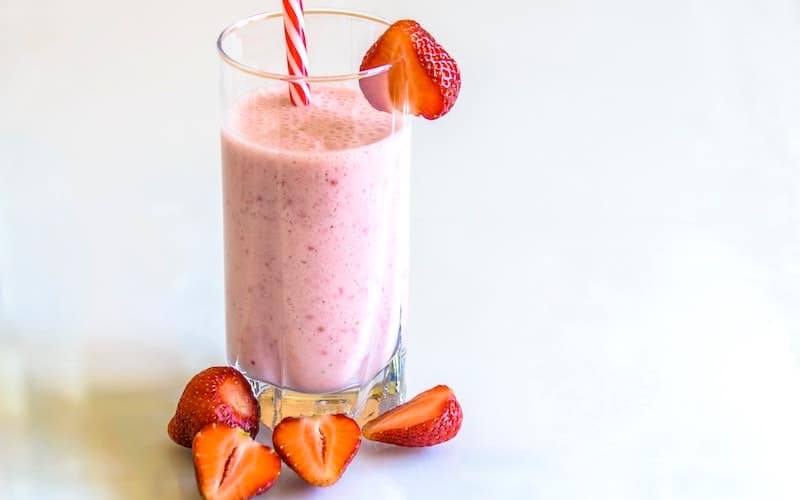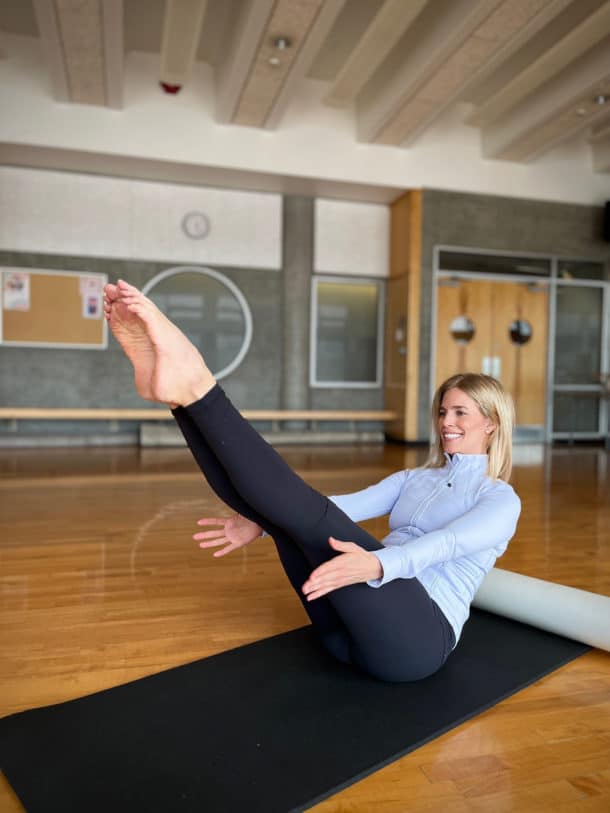Age, sex and activity level effects your protein need.
With so much focus on high protein diets, it makes you wonder how much protein you really need and whether you’re getting enough.
The answer is not clear. There is research underway to determine whether or not the Recommended Dietary Allowance [RDA] for protein needs to be adjusted.
The RDA range is currently between 10 – 25% of your daily caloric which allows for differences in age, sex and activity level. Use a protein calculator for a more specific target to support your personal goals.
If you’re eating a well balanced diet and not experiencing any of the tell tale signs of a deficiency, you’re likely getting enough protein regardless of what diet you follow. However, it’s a good idea to assess what you’re eating to ensure you’re getting enough protein and other essential nutrients as you make changes.
Three common dietary changes:
1/ Clean Diet
You probably hear the word “clean” in relation to eating. It’s one of the simplest and best changes you can make.
Clean primarily means that you’re reducing the amount of processed foods in your diet. Processed proteins such as sandwich meat and the new plant based meats often contain high levels of sodium and other fillers that can be harmful to your health if consumed frequently and in large quantities.
A clean diet is focused on whole foods and home cooking. It doesn’t restrict the source or dictate certain sources. If you’ve made this change, you’re likely still getting enough protein.
2/ Plant Based Diet
There are a variety of plant based diets. Some include animal proteins from a combination of chicken, fish, eggs and dairy. While others, such as the Vegan diet, are plant only diets.
Lentils, beans and legumes, nuts and seeds, grains, vegetables and even fruit contain protein. Lentils have as much protein per serving as chicken, whereas fruit has trace amounts.
If you’re switching to a plant based or making additions changes to your plant based diet, it’s a good time to assess all your essential nutrients. You should be adding not just eliminating foods to refine your diet. You can get sufficient protein from plants and if you’re careful, it’s not hard to do.
3/ High Protein Diet
Some researchers claim that high protein diets help with maintaining a lean, fat-burning physique even as you age. More research is needed and is being done to validate that claim.
Like plant based diets, there are different versions of the diet. Some focus on animal proteins and others on plant based proteins. The source matters.
If you don’t eat fish and plan to add fish to your diet, according to Harvard Health that’s good. If your plan is to focus exclusively on other animal proteins, consult your doctor about the known health risks. More research is underway to assess the link between animal protein and cancer.
Protein Powders
Your activity level and cooking skill are the main factors to assess in whether or not you need to add protein powder to your diet.
If you add a powder to your diet, think about how you rebalance your caloric intake unless you’re adding it to help increase your muscle and/or weight. Choose carefully to avoid unintended health issues.
Contact Us
We're interested in partnerships with brands that share our interests and values.
Create a Free Account
Receive weekly emails with workouts, tips & offers to help you live more vibrantly.



